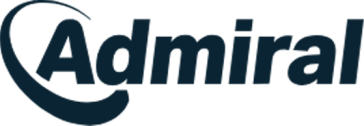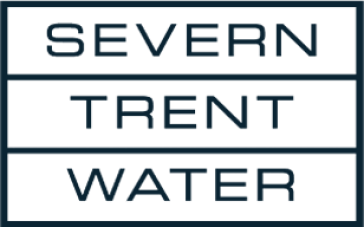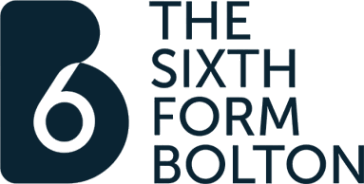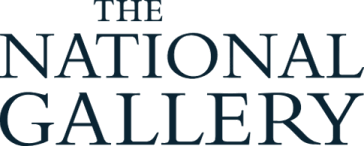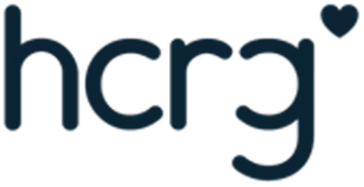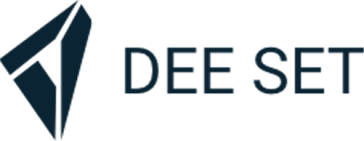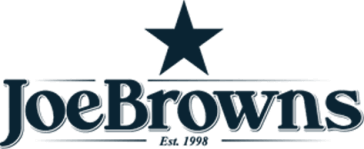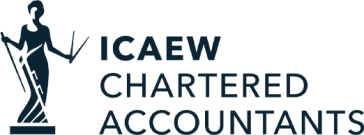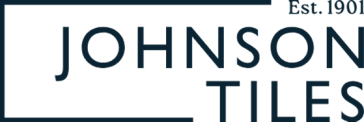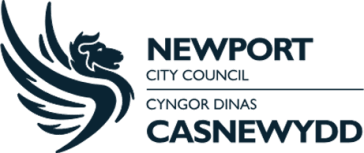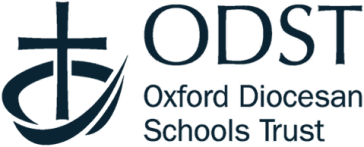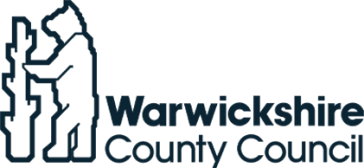15 October 2018
Is your software equipped to handle imminent Irish PAYE changes?

MHR are urging organisations across the Republic of Ireland to check their software is compliant with impending changes to the Pay As You Earn (PAYE) system to prevent being exposed to potential financial penalties in the future.
MHR are urging organisations across the Republic of Ireland to check their software is compliant with impending changes to the Pay As You Earn (PAYE) system to prevent being exposed to potential financial penalties in the future.
The overhaul of the PAYE system, which comes into force on 1st January 2019, will see organisations required to submit detailed payroll data in real-time rather than annually on the P35(L) and the abolishment of forms P45, P46 and P60.
The advice comes after a recent study by accounting software supplier Big Red Cloud revealed that 40 percent of SMEs are “not prepared at all” for the deadline, while just 15 percent say they are confident they will be ready.
Meanwhile, Chartered Accountants Ireland revealed earlier this month that just 11,000 of 200,000 employers had engaged with the tax authority on the new system.
The switchover to the new arrangement is expected to make the process simpler and faster for employers while employees will benefit from simplified online services, greater transparency and more accurate data.
Rachel Mapleston, payroll legislation expert at MHR says organisations need to verify that their software is fully configured for all the changes relating to impending PAYE modernisation.
She says: “If your software is compliant with the new changes, you can access Direct Payroll Reporting which enables payroll software to communicate seamlessly with the Revenue Online system (ROS) and exchange the required information automatically.
“With an automated payroll process compliant with the new changes, your payroll team can stay ahead of the curve and start following the changes with ease from January 2019, avoiding delays and possible penalties.
“If you don’t have compliant software, information will need to be recorded and tracked manually, and then the relevant forms will need completing through ROS, resulting in more administration, delays and the risk of errors occurring.
“Automating your processes has the potential to save €1,000s by reducing admin costs and improving efficiencies, while the creation of an audit trail will help you track each process and stay compliant with other legislation, like GDPR.”
To support organisations get ready for the imminent changes, Mapleston outlines four key actions payroll software must perform to follow the new rules set out by PAYE Modernisation:
- Request up to date PAYE details and notify Revenue of new starters.
- Create accurate files for submission every single pay period.
- Validate your software needs to validate the data it is submitting against Revenue requirements. This is the best possible way to avoid errors, delays and rejections from occurring.
- Submit all the relevant information direct from your payroll and receive confirmation and summary values back from Revenue.
Ahead of the January deadline, MHR has published a 'Guide to PAYE Modernisation', which provides practical advice and actions to help organisations make a smooth transition to the real-time process.


